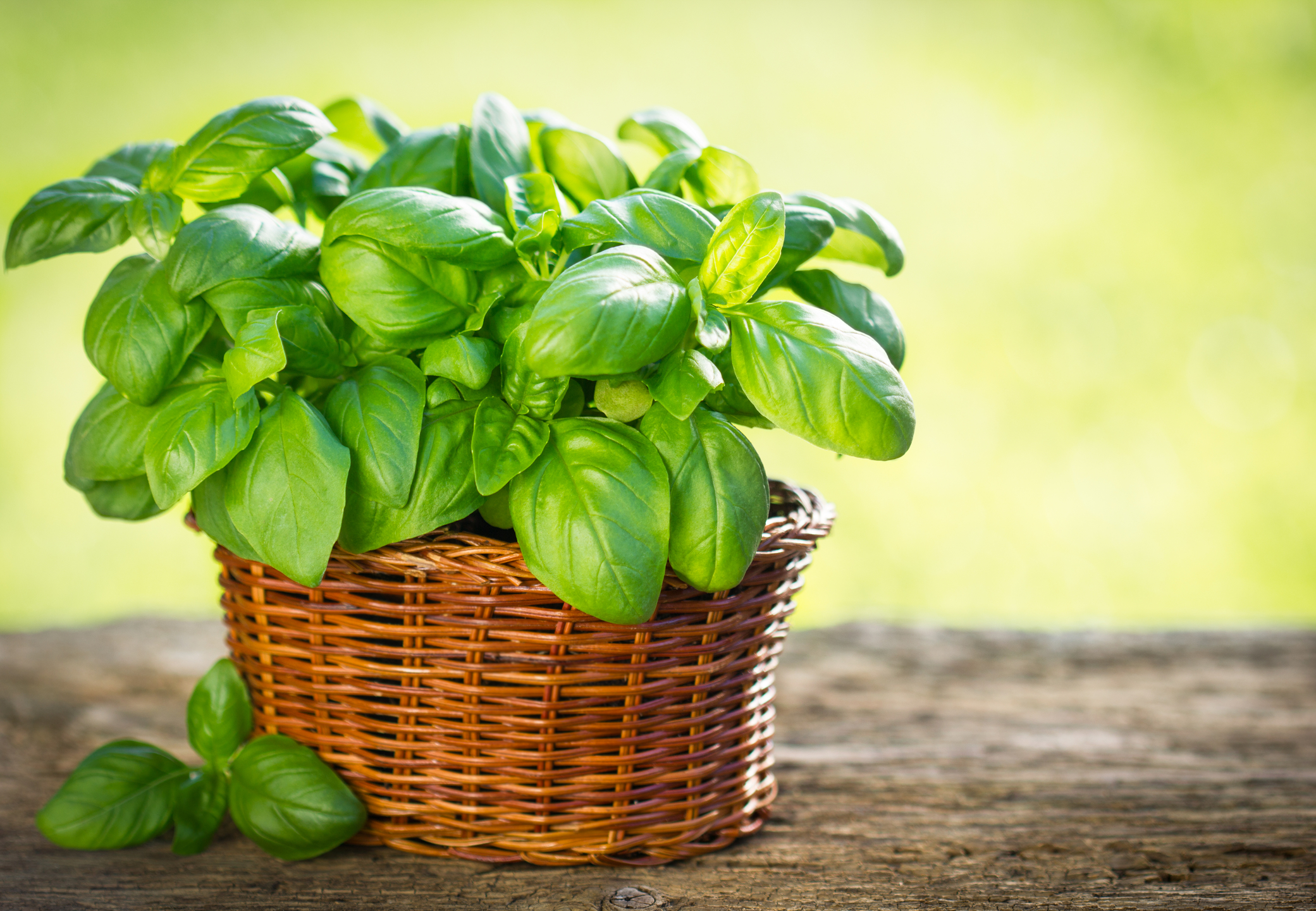Amazing Home Remedies That Reduce Acid Reflux
The digestive system is one of the most complex parts of the body and is designed to convert food into nutrients. In order to break down and digest food, the glands in the stomach produce mainly hydrochloric acid. To properly digest food so that the body can absorb the nutrients, it needs to be broken down properly. However, if the gastric glands are producing too much acid, it results in acid reflux & heartburn. Doctors in most cases prescribe over the counter antacids as the solution. However, many things can be done to reduce stomach acidity without the need to take antacids, eliminating the risk of the body becoming dependent on them. Here are eleven home remedies to reduce acidity that are natural, readily available and very inexpensive.
Cinnamon

Cinnamon is full of health benefits. It acts as an antacid by getting rid of gastric gasses in the stomach. Try adding half a teaspoon of cinnamon in herbal tea and let it steep for a few minutes. By drinking cinnamon tea a few times a day or when experiencing heartburn, you will help prevent this from occurring by maintaining the health of the digestive system. Also try mixing cinnamon powder into cereal, oatmeal, juices or smoothies to change it up. Having trouble finding time to prepare smoothies? Try a Vitamix Blender for quick and easy usage.
Basil Leaves

Basil leaves reduce acid reflux and also have anti-ulcer properties. Similar to bananas, they assist in stimulating the stomach to produce more mucous for its lining. This results in more protection for the stomach from acid buildup. Try chewing basil leaves when suffering from heartburn to ease discomfort. Basil leaves can also be brewed in a hot cup of water or by adding it to herbal lemon tea. If a sweetener is required, try adding raw honey.
